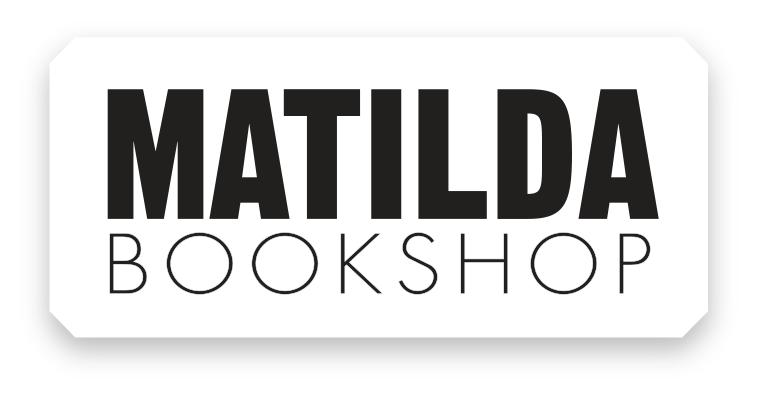
Katia Ariel is an author and freelance book editor from Melbourne, Australia. She was born in Odessa, Ukraine. Her memoir, The Swift Dark Tide, explores the history of hunger, joy and transgression in her female line. Katia teaches in the School of Culture and Communication at Melbourne University.
1. Why do you tell stories?
Because they help me parse my interior, because they are conduits between the inchoate world of my senses and the world ‘out there’ – in other words, they help me to grasp and harness the often wild experience of being alive. Also: stories are a bridge into the hearts of others, a balm to isolation, an antidote to the myth that we are all separate and alone.
2. Describe The Swift Dark Tide in one sentence.
A memoir about desire, a queer love story, an ode to courage and a conversation with the fierce women in my life.
3. Is the ocean a particularly resonant environment for you?
Yes. I was born on the Black Sea (in Odesa) and have always lived by salty water. When in doubt, I go to the sea – to walk, to immerse, to listen, to lose my tiny story in a greater flow. Seeking solace and joy from the ocean is something that my ancestors have always done and now I do.
4. In the opening pages of your memoir, you write that this book is a ‘map … drawn in real time … I used to bring my erotic animal home’. I am interested in the process of transforming this map into a book or this love letter into a book—what was your editing/composition process?
I initially wrote journal entries, which I then polished into vignettes. Each was a ‘letter’ to the woman with whom I had fallen in love, suddenly, radically, inconveniently, in the middle of my life and already married to a man. So the origins of the book were raw, of the moment. They didn’t coalesce into a book until I shared my experience with my mum, who listened patiently, then said, ‘Well, let me tell you about your grandmother…’
5. I loved the family stories/inheritances that work like an undertow to the swift dark tide of the main narrative of erotic awakening. How important was it to include the voices and experiences of your lineage?
The voices of my ancestors are essential to this being a book for the world, something bigger than a solipsistic spiral into my romantic longings. I drew on my maternal lineage as a source of wisdom and strength and a means of interrogating my own decisions as I moved through a chaotic time.
6. The writing about your daughter, Delphi, and her birth is especially exquisite and confronting. Were you ever surprised by your own bravery?
At the time, Delphi’s dad and I were just in survival mode; we didn’t really have time to evaluate our feelings. In fact, even in retrospect I don’t really think about bravery around that time. I think about the miraculous arrival of this child and how much she taught me about desperate, primal love.
7. Did the regular writing of this story—powerful and alchemical in its use of language—unveil any deeper understandings about yourself and your relationship(s) that you could not have fathomed without this practice?
Absolutely. Finding a poetic container for my thoughts and feelings gave me sanity and – in a funny way – safety. I could reach some essential part of myself that was unavailable through ordinary ‘thinking’. Metaphor became my lifeline, as did portraiture and the description of place.
8. What has a Stella Prize shortlisting meant for you and your writing, this book and your loved ones?
For me, as a first-time author, it’s an invaluable assurance that I’m on the right track in terms of craft and skill. For my mum – who lives in an uninterrupted state of excitement for her children – it has been the greatest pride and joy.
9. When and where do you write?
If I can, I go away to a house on the house to do sustained bursts of four or five days. If not, I write at the kitchen table between the half-peeled bananas and mounting excursion forms.
10. What are three things that sustain you as an author, or while you’re writing?
The sheer physical pleasure I derive from writing; the idea that my words might bring joy or beauty or consolation to a reader; the works of other artists, especially in a genre vastly different to mine.
bonus question:
What book(s) are you embarrassed to admit that you’ve never read? OR What books are currently on your to be read pile? OR What books were crucial to the writing of The Swift Dark Tide?
I am embarrassed to admit that I have not read a single one of the Russian classics all the way through. Got half-way through Crime and Punishment and some chapters into Anna Karenina and could not focus down into either one…


